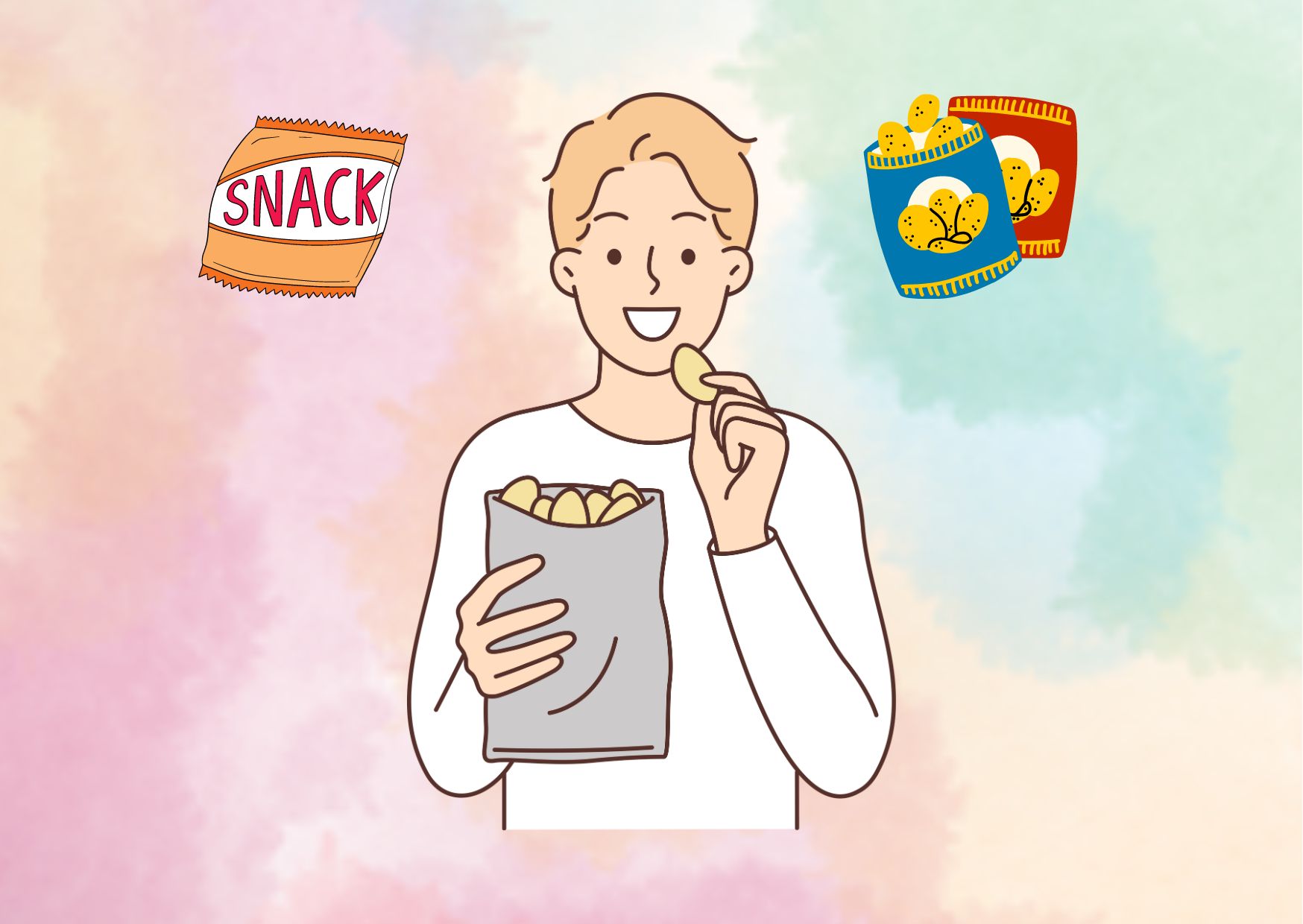How to Stop Snacking During the Day and Promote Healthy Eating
At Inquire Talk, we understand the significance of mental health and well-being in relationships. As an online counseling and therapy platform, we are passionate about providing support and assistance to individuals navigating the complexities of their emotional lives. Seeking professional help and support is always a valuable resource in navigating the complexities of trauma. Our therapists are dedicated to providing online counseling and therapy services to individuals seeking support and emotional well-being.
Introduction: The Impact of Snacking on Mental Health and Nutrition
Snacking often occurs between meals or late at night. It can be the result of poor dietary choices during mealtimes, persistent hunger, or simply mindless or compulsive snacking. While eating snacks in moderation is actually beneficial to your health, compulsively eating junk food is bad for you and could lead to weight gain, obesity, and even diabetes. Learning how to make the right choices for a nutritious snack and following a well-balanced menu for your regular meals can help you feel your best and maintain good health.
Part 1: Stopping Mindless Snacking
1. Stay Hydrated to Curb Hunger
One effective way to stop snacking during the day is to ensure you are properly hydrated. Symptoms of dehydration are easily mistaken for hunger, leading you to reach for unnecessary snacks. By drinking enough water throughout the day, you can prevent dehydration and avoid mistaking thirst for hunger. Start your day by drinking a glass of water as soon as you wake up. Whenever you feel yourself getting hungry, try drinking a glass of water before reaching for a snack. Give yourself some time, and if you’re still hungry after 30 minutes, opt for a small, healthy snack.
2. Distract Your Oral Fixation
Sometimes, the urge to snack stems from an oral fixation rather than actual hunger. Chewing gum or chewing on ice chips can help satisfy this fixation without resorting to mindless snacking. If you know you have an oral fixation, try satisfying your need to chew before reaching for a snack. By diverting your attention away from mindless snacking, you can break the habit and make more conscious choices about when and what to eat.
3. Harness the Power of Caffeine
Coffee and tea can be effective tools in curbing your snacking habits. Caffeine acts as a natural appetite suppressant and can help control cravings for snacks. Be mindful of your caffeine intake and avoid adding excessive cream and sugar to your beverages. Enjoy a cup of coffee or tea between meals to help keep hunger at bay and reduce the urge to snack mindlessly.
